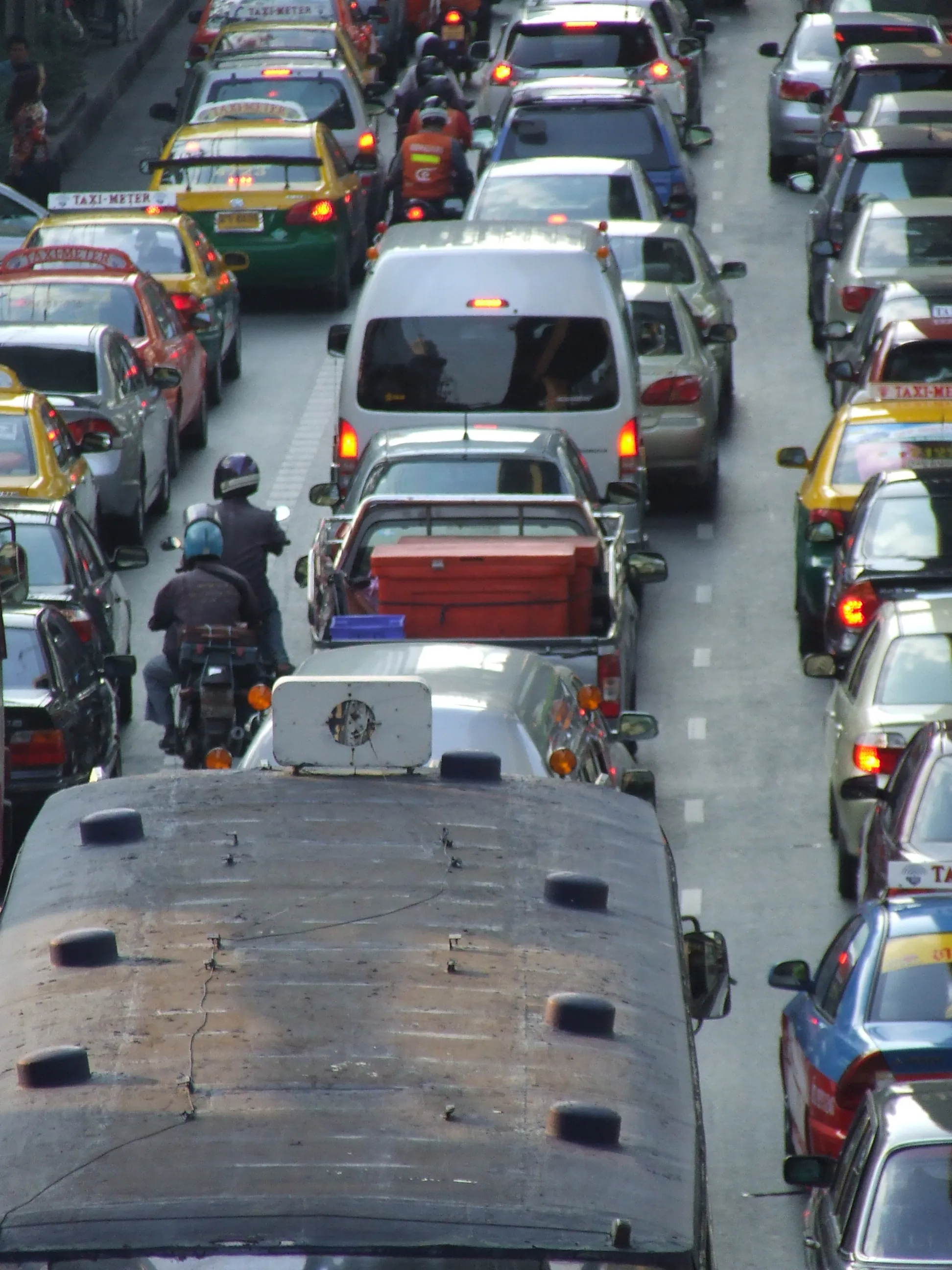The latest information from IRTAD, the permanent working group on road safety at the International Transport Forum, shows that road deaths are falling in many countries worldwide. There were 42% fewer road deaths in IRTAD countries since 2000. However, strong disparities exist between countries, according to IRTAD’s latest data. In all 70 organisations from 39 countries are members of IRTAD.
The 2014 provisional data show that 15 of the IRTAD member countries for which figures are available managed to red
June 4, 2015
Read time: 3 mins
The latest information from 3444 IRTAD, the permanent working group on road safety at the 1102 International Transport Forum, shows that road deaths are falling in many countries worldwide. There were 42% fewer road deaths in IRTAD countries since 2000. However, strong disparities exist between countries, according to IRTAD’s latest data. In all 70 organisations from 39 countries are members of IRTAD.
The 2014 provisional data show that 15 of the IRTAD member countries for which figures are available managed to reduce the number of road deaths. Meanwhile eight of the countries saw an increase in road deaths, while for the other countries there was no significant change. The range varied between 21% fewer road deaths and a 16% increase.
Validated figures for 2013 show that the number of road fatalities fell by 4.3% between 2013 and 2012 in the IRTAD member countries with verified data. The long-term trend shows a very significant decrease of 42% between 2000 and 2013 in IRTAD countries.
The economic downturn which started hitting most IRTAD countries since 2008 has had a substantial impact in the reduction of fatalities. Modelling work by the ITF shows that it contributed to two-thirds of the reduction between 2008 and 2010.
The IRTAD countries with lowest road mortality rates are located in Europe: Sweden and the United Kingdom recorded fewer than 3 fatalities/100,000 inhabitants in 2013. In some member countries, however, this rate is still in excess of 10.
Although substantial overall fatality reductions have been achieved since the year 2000, the pace of improvement for vulnerable road users is lower than for car occupants. While fatalities among car occupants were reduced by 54% between 2000 and 2013, decreases were only 36% for pedestrians, 35% for cyclists and 22% for motorcyclists. As a consequence in many countries, road safety priorities have recently shifted from motorised rural traffic to vulnerable road users in urban areas.
The encouraging results achieved in IRTAD countries should not hide the fact that every year 1.3 million people are killed and tens of millions are injured, 90% of them in low and middle income countries.
Against this background, the Second Global High Level Conference on Road Safety in Brazil on 18th-19th November 2015 will review progress within the context of the UN3439 Decade of Action for Road Safety and agree on measurable objectives for the next five years. The Decade’s goal is to stabilise and reduce global road fatalities by 2020.
Through IRTAD, the International Transport Forum will continue to work towards that objective, by sharing knowledge and best-practice road safety policies with countries that aim to improve their road safety performance
IRTAD-Group chair Fred Wegman said, “The IRTAD Group is aware that its current members account for only 6% of global road fatalities, and it is our intention to pursue our geographical expansion and to assist countries interested in building up and improving their road safety data system.”
The 2014 provisional data show that 15 of the IRTAD member countries for which figures are available managed to reduce the number of road deaths. Meanwhile eight of the countries saw an increase in road deaths, while for the other countries there was no significant change. The range varied between 21% fewer road deaths and a 16% increase.
Validated figures for 2013 show that the number of road fatalities fell by 4.3% between 2013 and 2012 in the IRTAD member countries with verified data. The long-term trend shows a very significant decrease of 42% between 2000 and 2013 in IRTAD countries.
The economic downturn which started hitting most IRTAD countries since 2008 has had a substantial impact in the reduction of fatalities. Modelling work by the ITF shows that it contributed to two-thirds of the reduction between 2008 and 2010.
The IRTAD countries with lowest road mortality rates are located in Europe: Sweden and the United Kingdom recorded fewer than 3 fatalities/100,000 inhabitants in 2013. In some member countries, however, this rate is still in excess of 10.
Although substantial overall fatality reductions have been achieved since the year 2000, the pace of improvement for vulnerable road users is lower than for car occupants. While fatalities among car occupants were reduced by 54% between 2000 and 2013, decreases were only 36% for pedestrians, 35% for cyclists and 22% for motorcyclists. As a consequence in many countries, road safety priorities have recently shifted from motorised rural traffic to vulnerable road users in urban areas.
The encouraging results achieved in IRTAD countries should not hide the fact that every year 1.3 million people are killed and tens of millions are injured, 90% of them in low and middle income countries.
Against this background, the Second Global High Level Conference on Road Safety in Brazil on 18th-19th November 2015 will review progress within the context of the UN
Through IRTAD, the International Transport Forum will continue to work towards that objective, by sharing knowledge and best-practice road safety policies with countries that aim to improve their road safety performance
IRTAD-Group chair Fred Wegman said, “The IRTAD Group is aware that its current members account for only 6% of global road fatalities, and it is our intention to pursue our geographical expansion and to assist countries interested in building up and improving their road safety data system.”







